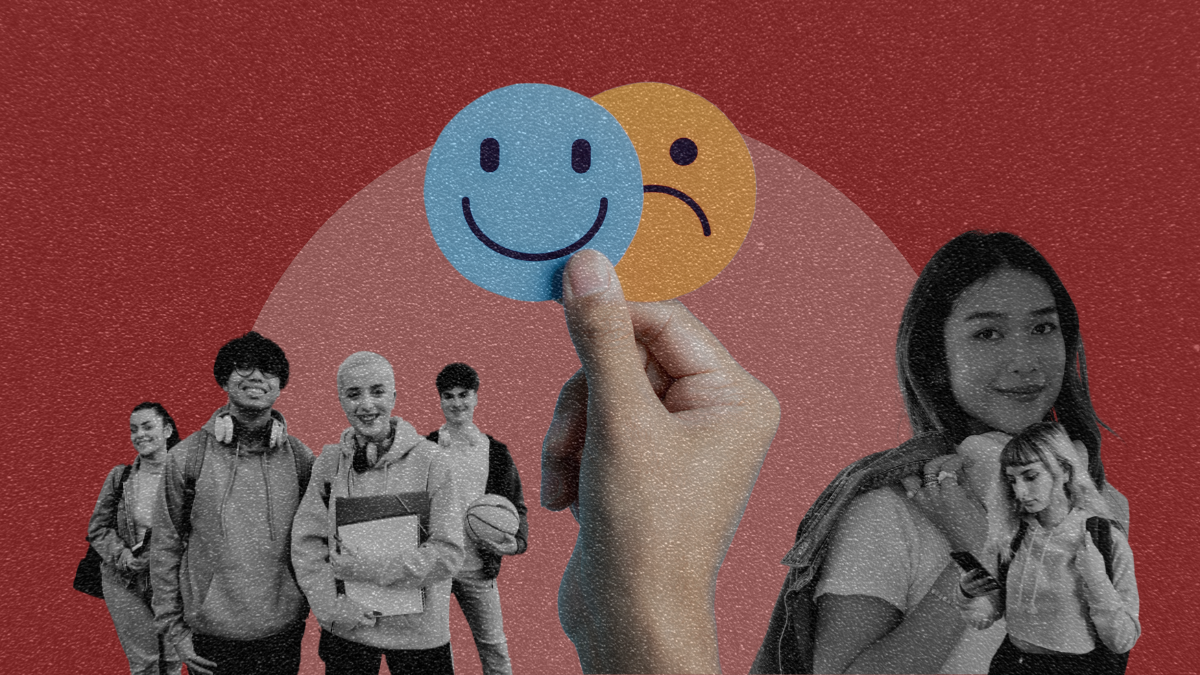Source: NPR
Just weeks after joining the Maryland legislature last year, House Delegate Joe Vogel introduced his inaugural bill. Motivated by encounters with young constituents in his Montgomery County-based district during his campaign, Vogel’s focus was on alleviating up to $30,000 in student debt for mental health professionals in Maryland public schools.
Eager to address the priorities of voters who sought a champion for student mental health, Vogel’s bipartisan-backed legislation, which aimed to address the mental health crisis among young people, was successfully signed into law in May, according to NPR.
The struggle with mental health among young Americans has gained attention from both Democrats and Republicans. A Harvard Youth Poll revealed that almost half of Americans under 30 reported feeling down, depressed, or hopeless, with 56% experiencing nervousness, anxiety, or unease multiple times a week.
John Della Volpe, director of polling at the Harvard Kennedy School Institute of Politics, argued that the unique challenges faced by younger generations, coupled with a politically tumultuous environment, contribute to high levels of anxiety and depression. He noted that issues like immigration, education, healthcare, and veterans’ rights, when addressed by policymakers, should also consider their mental health repercussions.
President Biden’s administration has taken steps to address mental health, investing over half a billion dollars to increase mental health professionals in schools and launching a 24/7 mental health emergency hotline, known as 988. Meanwhile, former President Trump’s focus during his term was on reducing substance abuse, particularly in response to the opioid crisis.
Despite potential bipartisan avenues for mental health policy, divisions on social issues, such as LGBTQ rights, and the role of mental health in responding to gun violence, continue to impact young Americans negatively. Mental health experts argue that while mental health reforms are crucial, addressing access to guns is also essential in preventing violence.
The effects of gun violence contribute to young people’s mental strain, with over a third expressing worry about potential mass shootings, according to the Harvard Youth Poll. The divisive political climate further exacerbates concerns, with some young progressives expressing heightened anxiety about issues like gun violence, climate change, and financial insecurities.
For young people affected by the political divisions and grappling with mental health issues, politicians addressing these topics are seen as making a meaningful connection with their constituents.





